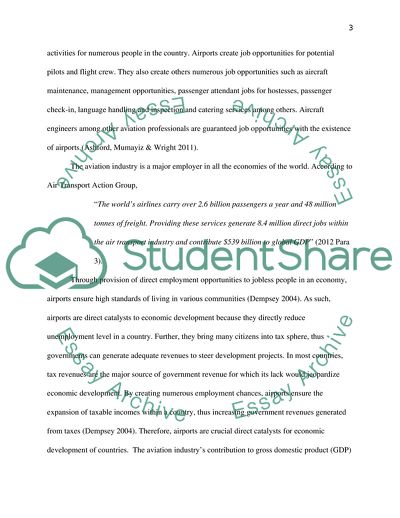Cite this document
(Airports and Ground Handling Coursework Example | Topics and Well Written Essays - 1750 words, n.d.)
Airports and Ground Handling Coursework Example | Topics and Well Written Essays - 1750 words. https://studentshare.org/macro-microeconomics/1820026-airports-and-ground-handling
Airports and Ground Handling Coursework Example | Topics and Well Written Essays - 1750 words. https://studentshare.org/macro-microeconomics/1820026-airports-and-ground-handling
(Airports and Ground Handling Coursework Example | Topics and Well Written Essays - 1750 Words)
Airports and Ground Handling Coursework Example | Topics and Well Written Essays - 1750 Words. https://studentshare.org/macro-microeconomics/1820026-airports-and-ground-handling.
Airports and Ground Handling Coursework Example | Topics and Well Written Essays - 1750 Words. https://studentshare.org/macro-microeconomics/1820026-airports-and-ground-handling.
“Airports and Ground Handling Coursework Example | Topics and Well Written Essays - 1750 Words”. https://studentshare.org/macro-microeconomics/1820026-airports-and-ground-handling.


